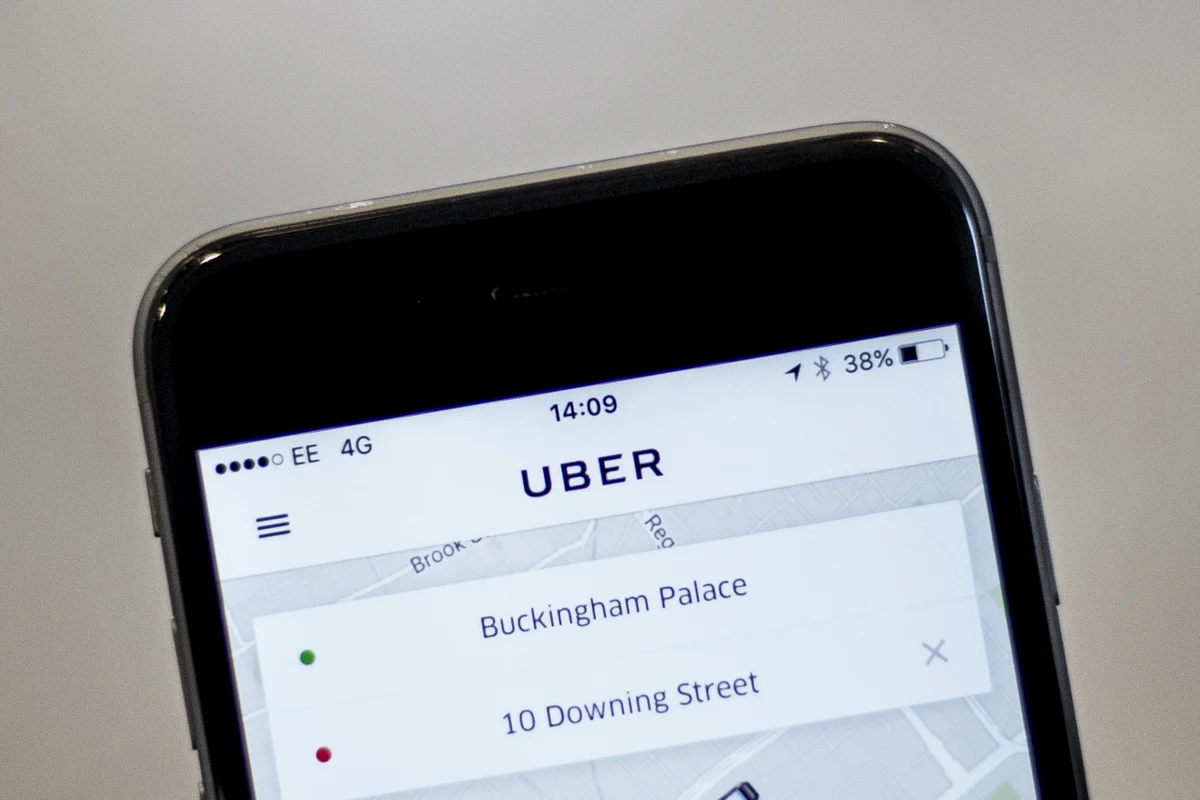Copyright dailystar

Boffins have revealed the emergency plan for the doomsday scenario of the internet breaking is to head down to the pub. Experts are increasingly fretting over the nightmare situation and fear extreme weather or hackers could soon spark a global tech meltdown. It would bring the world’s infrastructure to a sudden stop as hospitals, banking, transport and business grind to a halt. Tech egghead Steven Murdoch, a professor of computer science at University College London, said it is unclear if the web could ever be rebooted once it went bust. He said: “No one has turned off the internet after it’s been turned on. No one is really sure how it could be turned on again.” The last he heard, the plan to get it fired up again involved a select few who may hold the intel meeting in a boozer outside London to decide what to do. He said of the basic plan: “I don’t know if this is still the case. It was quite a few years ago and I was never told which pub it was.” Experts say the idea is not as bonkers as it sounds and normal folk should also have a strategy in case we are suddenly plunged into a communications crisis. It includes setting a meeting place for relatives, printing out important documents and maps, stockpiling food and having a radio to receive updates. Some believe that an attack on undersea cables by rogue leader like Mad Vlad Putin pose the biggest threat to our world wide web but they frequently break down. Infrastructure expert Doug Madory said: “You’d really have to take out a bunch to affect communication. I think the submarine cable industry would tell you: dude, we do this all the time.” It is more likely that an internet Armageddon would be caused by data centres owned by Google, Amazon and Microsoft being hit. They control around two thirds of the world’s cloud-based services which would spark total mayhem across the globe. Alternatively hackers could target a major DNS service which are effectively the internet’s phonebooks. The firm Verisign handles every online site that ends with “.com”, or “.net”, meaning an attack would cause millions of websites to crash instantly. It comes after one group of Massachusetts cyberpunks told Congress in 1998 of a weakness which “could take down the internet in 30 minutes”.



